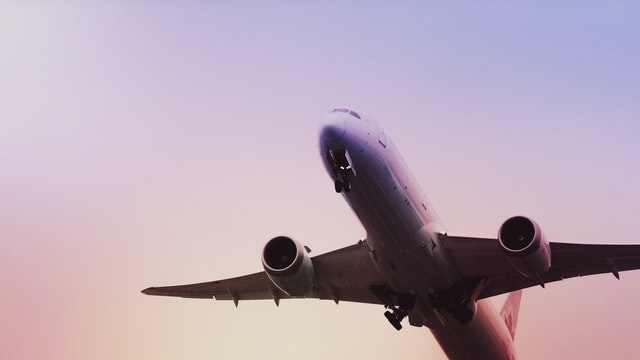After years of avoiding many of the strictest environmental regulations, the European Union is now pressing airlines to go green.
According to Belgian newspaper De Standaard, by 2050, the EU wants airlines to go completely climate-neutral. Part of this switch, it hopes, will come from forcing airlines to use 85% sustainable jet fuel.
The EU recently doubled down its emissions trading system for aviation, extending the system to long-haul flights, which were previously excluded from these requirements. Airlines departing to or arriving from the EU are forced to “monitor, report, and verify” their CO2 emissions, and airlines cannot exceed the number of credits they purchase or trade.
Currently, the global aviation industry accounts for around 3.8% of European CO2 emissions, a sizable share of total European emissions. Of the transport sector, aviation accounts for 13.9% of the sector’s CO2 emissions – second only to road traffic.
New regulations, agreed by the European Parliament on 7 July, will now extend the environmental commitments of airlines even further. If backed by the Commission and Member States, from 2025, airlines will be required to gradually reduce their carbon footprint, especially by using new types of fuels.
It had originally been proposed that airlines aim to use just 63% of sustainable aviation fuels (SAFs), by 2050. The new mor ambitious target of 85% is intended to force airlines to take more proactive steps to go green in the medium-term.
SAFs can include jet fuels refined from biomass, synthetic fuels, or hydrogen mixes, which are then mixed with traditional kerosene. The EU also wants to extend the types of fuel sources available to airlines, such as biofuel from animal fats or distillates.
Protecting the food supply
A separate proposal, to make fuels from food crops, has been rejected by parliament. Currently, biofuels for aviation cannot be made of crops from growing seasons that would ordinarily go towards feeding people.
Proponents of the measure say that by-products of palm oil refining and other food crops present an affordable way to beef up sustainable fuels. However, there are significant environmental concerns about using palm and other food sources as this may lead to further deforestation, loss of biodiversity, and other cost impacts.
Related News
- Europe reluctantly looks to coal to get through the winter
- Use of private jets 'booming' despite environmental impact
Air industry lobby Airlines for Europe has stated that “passengers can be confident that the increase in sustainable fuels is not at the expense of the food supply, or animals, and does not harm the environment.”
If the new measures are successfully implemented, the EU will be a front-runner in green aviation and one of the first to commit to making the industry carbon neutral.

